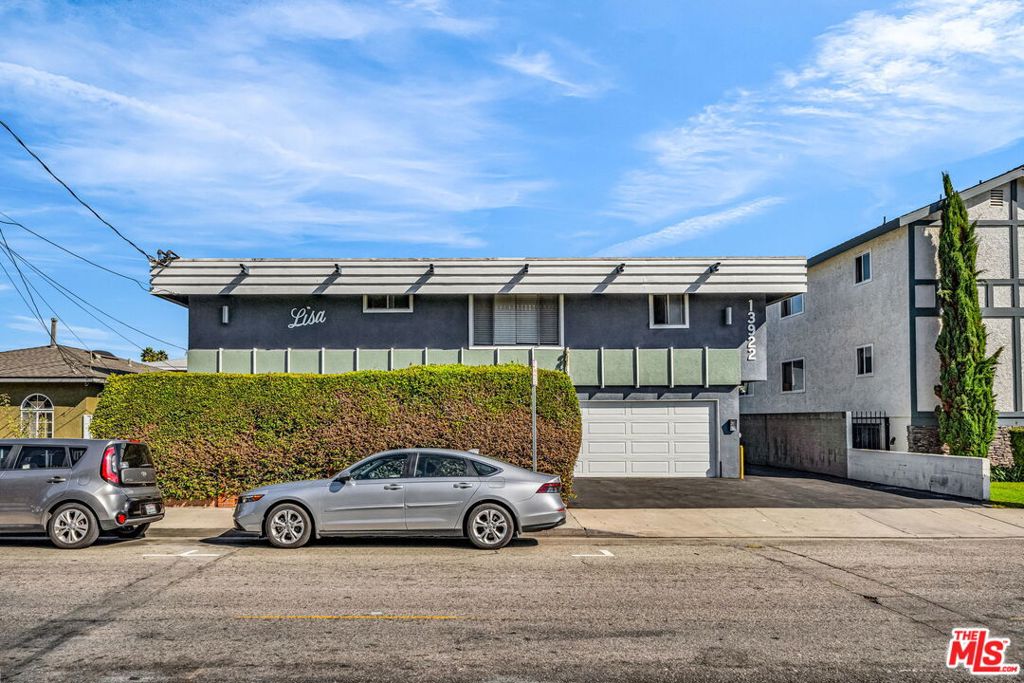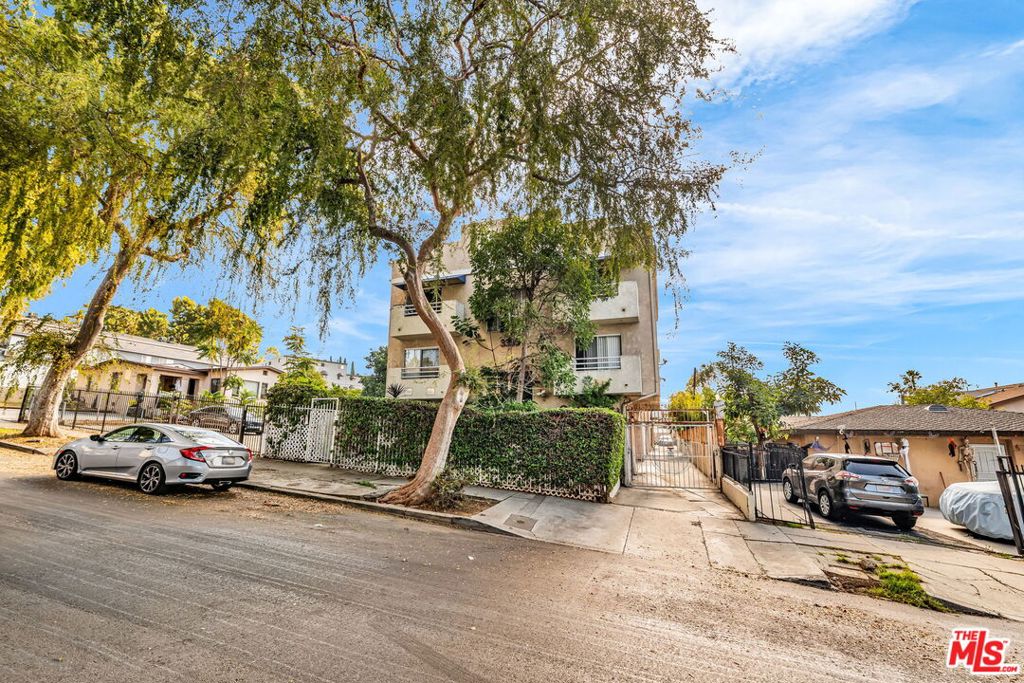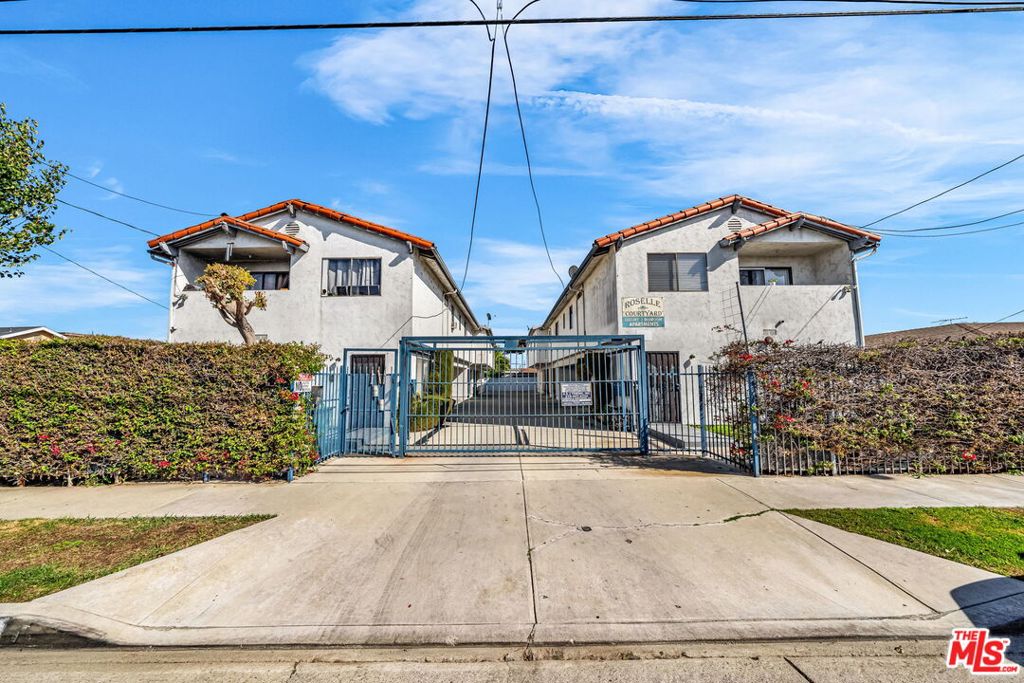Since our last treatment of this topic in June 2020, the laws surrounding partitions have changed twice—once through the Uniform Partition of Heirs Property Act that went into effect January 1, 2022, and again, with the California Partition of Real Property Act, effective January 1, 2023.
This article introduces these substantive and procedural law changes and reviews the three main types of Partition Actions with some how-tos, pros and cons, and costs associated with them.
Review
What Is A Partition Action?
Beneficiaries often have differing views on how their parent’s property’s sale should be handled during the probate process. The problem occurs quite often, as we at The CREM Group well know, having been involved in probate, trust, and conservatorship sales along with many other types of real estate transactions for residential and commercial properties in Southern California since 2015.
A Partition Action is a type of lawsuit a co-owner would bring against another one or two owners if they cannot agree on how to dispose of the property. Specifically, when two or more people inherit a piece of real property, one may want to sell it. Another may want to rent it out, while a third may desire to live in it, especially if they’re already there! How is this problem settled peacefully? A Partition Action is one way to resolve it, but mediation might be a less costly option.
What’s New
The January 1, 2022, Uniform Partition of Heirs Property Act (UPHPA) incorporated the term “heirs’ property,” referring to property with suggestions of familial ownership and indications that the estate was passed down to one or more co-owners from a relation (like parents or grandparents to children or grandchildren, etc.). The property may be considered “heirs’ property” and be subject to different partitioning rules. Non-partitioning co-owners would not be forced into a sale. Rather, they will be given a chance to purchase the property owned by the partitioning co-owners at a price representing the value of their relative interests in the property. That has changed with the California Partition of Real Property Act.
The newly enacted (January 1, 2023) California Partition of Real Property Act ensures that one of the siblings cannot obstruct the proceedings and claim a right of possession to keep the rest of the family from having access to the sale proceeds. This expansion of the 2022 Act has removed the requirement that the home be “heirs’ property.” This buyout by appraisal and sale now applies to almost all property in California.
An experienced probate real estate agent like those of us at The CREM Group can talk you through it and introduce you to a probate or partition lawyer familiar with the new law.
Primarily, the law intends to clarify that no one should be forced to own property they do not want to. Not everyone can use real estate: they may need the cold hard cash.
It's best to check with an attorney regarding your family’s situation relative to the new laws. DIY is not a good idea in these situations.
How to File a Partition Action
If all else fails and you cannot agree, you must file a “Partition Action” through the courts by way of an official Petition for Partition Action. All partial owners of the property have the right to file for the Partition Action. We recommend working with an experienced attorney specializing in real estate law and partition law. Bring all documents relating to the property and the inheritance to a meeting with the lawyer so they can guide you correctly.
Once they agree that the Partition Action is the best course, they will file the notice with the Recorder’s Office for the county where the property resides. This filing advises prospective buyers that the property has a legal proceeding in place. The Partition Action is not always the best choice, but it may provide closure when no other means (like negotiation or mediation) can please all the parties. The three types of Partition Actions still exist after the new law but with a few changes, particularly those relating to heirs’ properties.
The Three Types of Partition Actions in California
1. PARTITION IN KIND
This type of partition isn’t easy with a home. You cannot give one bedroom to one beneficiary and the kitchen and living room to another. If there were two homes of similar value, giving one home to one party and another to the other might work, but the scenario is unusual.
2. PARTITION BY SALE
This choice involves a lawsuit. A “Partition Action” is filed with the court. The court determines the ownership percentage(s) through an interlocutory hearing. A court-appointed referee finds a real estate agent who seeks buyers interested in buying the property through an auction in the courtroom. Bidding and overbidding are allowed.
NOTE: After the enactment of the new partition, the courts have started to consider the following factors when determining the relative benefits of a partition by sale versus a partition by kind:
(1) If any of the property’s co-owners would be homeless as a result of partition by sale; and
(2) If the property’s value would be lowered appreciably by dividing the ownership. It’s also worth noting that courts are now more interested in selling the house on the open market rather than via public auction, as the former usually yields a higher sales price.
(3) If the property holds any sentimental, historical, or cultural significance, among other pertinent issues.
3. PARTITION BY APPRAISAL
A professional appraiser is brought in to value the property. Suppose all beneficiaries agree and the percentage ownership is amenable. In that case, the home can be sold and the proceeds divided, or one beneficiary can buy the other(s) out to handle the terms of the will or trust. No lawsuit is required if all parties can agree, which be less costly than a lawsuit, and even less so than mediation, which we will cover next.
Mediation Instead of the Partition Action
We advocate for mediation rather than the Partition Action (PA). Mediation can be done before or during the filing of the PA. Beneficiaries can sometimes change their minds when they find out the costs and the delays associated with the lawsuit. Your families will get less money and may have to wait months to get it if the court docket is full. Probate real estate agents in California often advise against filing a Partition Action for these reasons. Sometimes, it’s not possible, but mediation is the preferred/less costly route here. Even so, knowing the pros and cons of a Partition Action is wise.
Pros and Cons of a Partition Action
The primary benefit is that the Partition Action halts a standoff between owners who cannot agree on the dissolution of the property. The primary disadvantage is the cost.
PROS
- Partition Actions are the best course when co-owners do not concur on ownership percentages or on selling the property, and it cannot be done through mediation.
- If some of the attorney’s fees and referee’s costs can be recovered, this might be a good option.
- Costs associated with renovations may often be reimbursed through the Partition Action process.
CONS
- Legal fees, referee costs, and filing fees are high.
- The courts are overloaded; it takes time to find a hearing date, time to find buyers, and time (away from work) to be in court.
- A forced sale or a sale at auction may result in less money than if the home were sold on the open market.
Cost of a Partition Action and Attorney Fees
In California, the expense of a Partition Action and the associated attorneys’ fees can vary by thousands of dollars. It depends on the complexity of the litigation. Attorneys’ fees can go from $20K to > $100K per defendant or plaintiff.
Find Experienced Probate Real Estate Agents and Real Estate Attorneys
We hope you have seen that the Partition Action can become costly and may be better if avoided. Meanwhile, this is a practical tool if people cannot agree. It’s good to know that the laws of the State protect people in the area of probate real estate, which is sometimes tricky. It’s best to have professionals experienced in the field.
As long-time probate real estate agents for all kinds of properties in Los Angeles and Orange Counties, we have tried to keep our clients updated, so they know the most recent legal aspects of selling their probate, trust, and conservatorship homes in California.
As always, contact us by email here if you have any questions about real estate, probate real estate, conservatorship, or trust real estate properties, especially in Los Angeles and Orange Counties in California.
---
DISCLAIMER: This content is meant purely for educational purposes. It contains only general information about real estate and legal matters. It is NOT legal advice and should not be treated as such. We recommend consulting a legal or tax professional before acting on any material, opinion, or point of view described herein.



